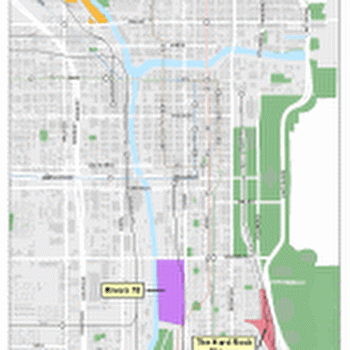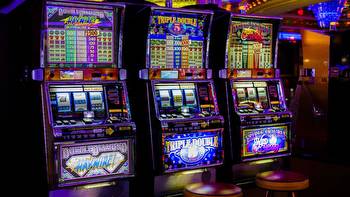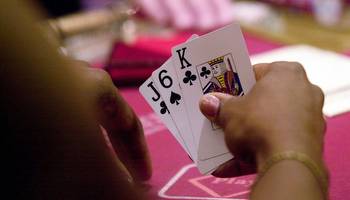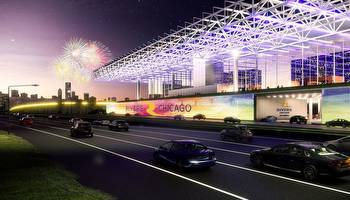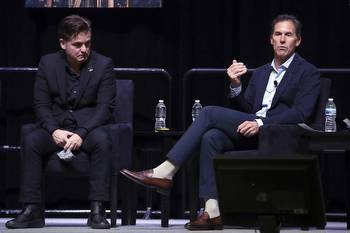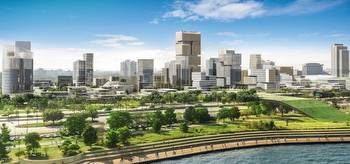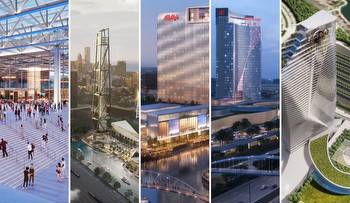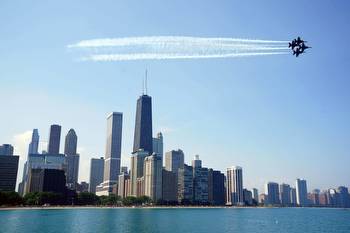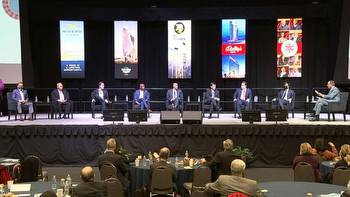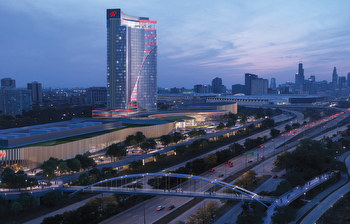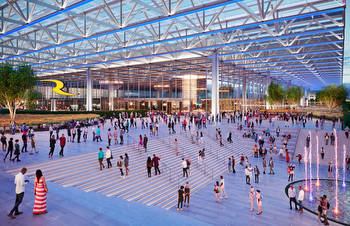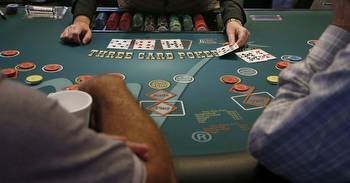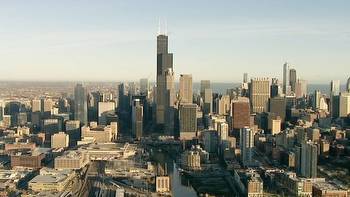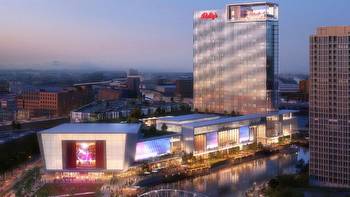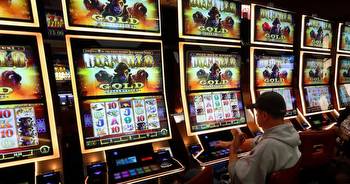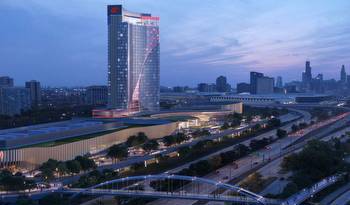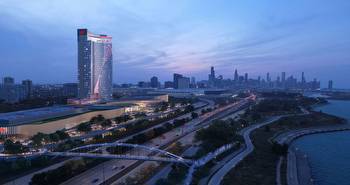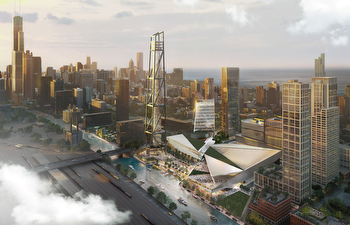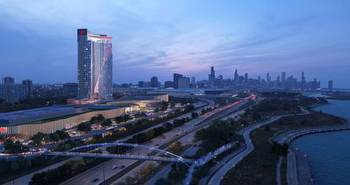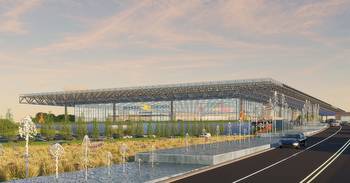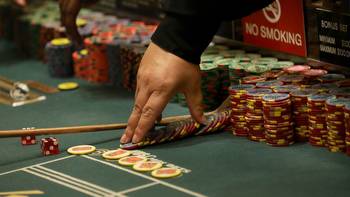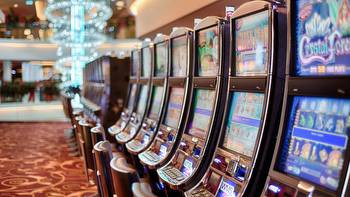Chicago Mayor Lightfoot reviews casino gambling location options

Be it a shopper looking for a new TV, a student searching for the best college, or a voter filling out their ballot, it’s good to have choices. Mayor Lori Lightfoot can appreciate that.
Thanks to some fine staff work by insiders at City Hall, like Samir Mayekar, and outsiders like attorney Cid Froelich—as well as a little luck—Lightfoot now has the opportunity to sort through no less than five bids to develop her prized Chicago casino. In fact, with the nation appearing to slowly, but steadily, recover from COVID-19, this may be the exact right time for such a big dream.
Realizing that dream will require some real decisions, though. Lightfoot now has to decide what she really wants.
Though details have not been disclosed, I presume all of the bidders are agreeing to a deal that would pay the hefty taxes authorized by law. In other words, the decision isn’t about money for the city per se. Rather, I suspect it’s more about location, wider economic development potential and public reaction—and, as I wrote the other day, at least partly over whether the Chicago Bears will continue to call Soldier Field home.
The most intriguing pitch so far has come from Chicago real estate developer and gambling mogul Neil Bluhm.
Bluhm long has been considered the front-runner for the bid, both because of his political closeness to Lightfoot and because of his successful track record of opening casinos elsewhere. Bluhm also had the advantage of pitching the Related Midwest site in the 78 development at Clark and Roosevelt. It’s now projected to be home only to the University of Illinois’ budding Discovery Partners Institute, and while I suspect DPI would rather not be right next to a casino, the land otherwise is empty, which would make for fast construction.
Now, however, Bluhm has a second proposal, for the obsolete, dilapidated Lakeside Center at the east end of the McCormick Place campus.
Lakeside’s plus is that it’s blocks away from any residential area, but still relatively easy to reach. Another is that the Metropolitan Pier & Exposition Authority, which owns Lakeside, doesn’t have the approximately $400 million needed to repair and upgrade the half-century-old structure. Turning it over to Bluhm would relieve McPier of that burden, with lease payments providing cash to build elsewhere. An additional plus: Renovating an existing structure likely would fill city coffers with tax revenue years earlier than building from scratch.
Lakeside has big downsides. Chicago convention leaders in the past have signaled they’d rather not set up shop next to a casino. That’s still a potential problem, though Las Vegas has handled it. But the other problem, opposition from lakefront preservation types, may have been overstated. Friends of the Parks’ Juanita Irizarry, whose group helped kill the proposed Lucas Museum, says it “would probably stay out of the conversation” if Bluhm merely repurposed an existing building, rather than using existing park space like Lucas. Hmm!
Two other sites presented to the city are nearby.
One is the McCormick Place truck marshaling yard on the west side of DuSable Lake Shore Drive. That’s one of the two sites pitched by Bally’s, but it faces strong opposition from the local alderman, Sophia King, 4th, who in her newsletter says she stands with residents who want a largely residential development. “This site should be immediately eliminated” from the casino competition, she wrote. The other is developer Bob Dunn’s One Central project proposed on air rights just west of Soldier Field, which another bidder, Hard Rock, likes. Unlike Bluhm, whose business partner Churchill Downs is trying to get the Bears to move to Arlington Heights, Dunn wants them to stay in a revitalized neighborhood anchored by his project. Dunn’s problem is that One Central so far is just a dream, with $6.5 billion in needed state subsidies far from assured and any construction years away.
Which takes us back to Lightfoot. The one apparent certainty is that the casino is going to go somewhere in the downtown area, either at one of the locations described above or at the Tribune printing plant at Halsted and Chicago. But how quickly, and where? On the lakefront or off, in a new neighborhood or a repurposed older one?
Look for Lightfoot to take a little time with this, but not long, with public hearings next month and a decision early next year.








